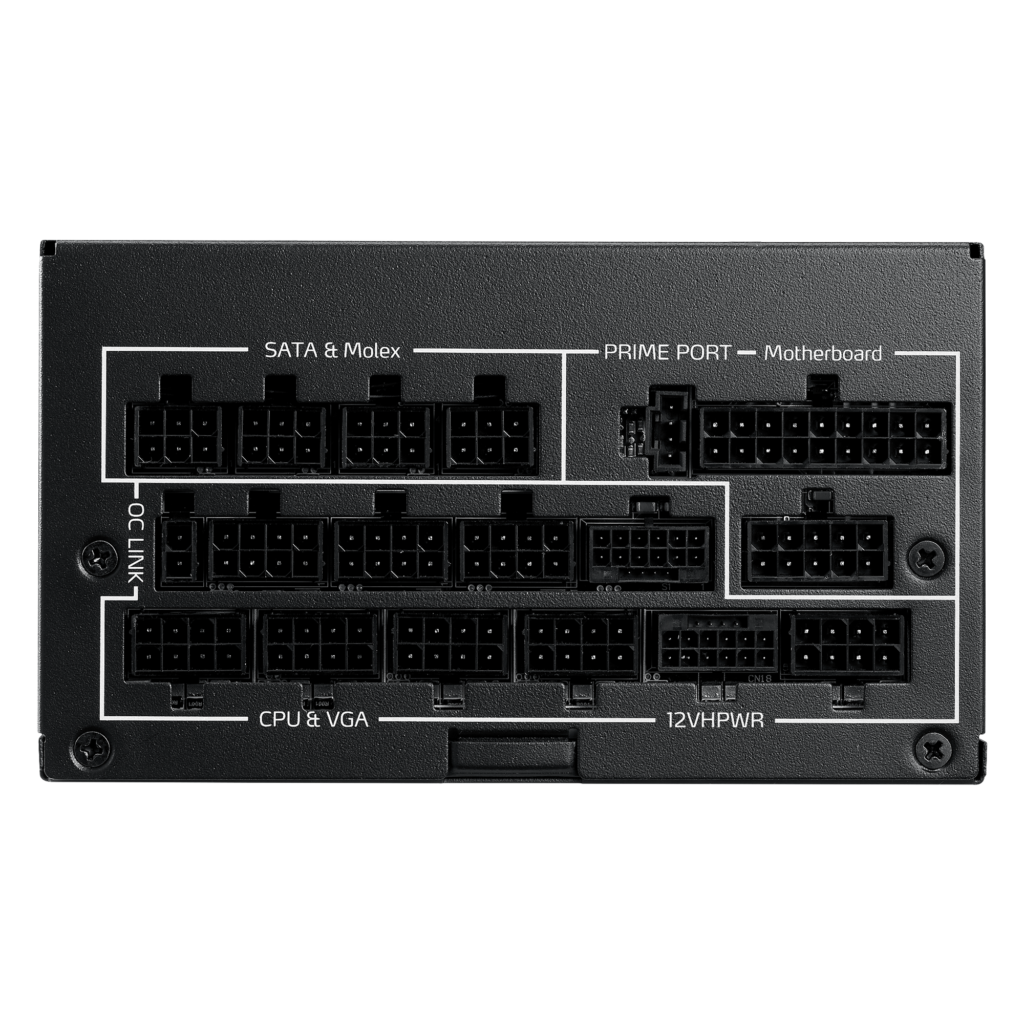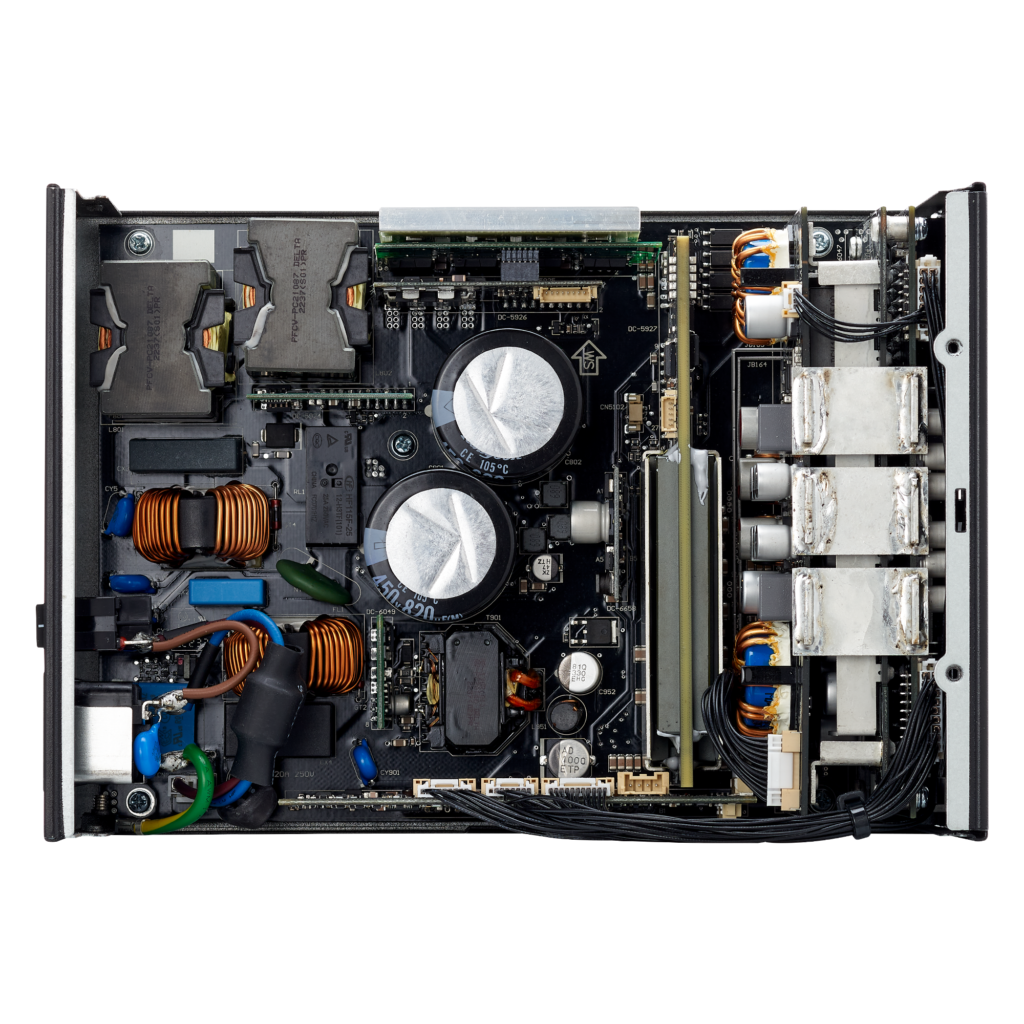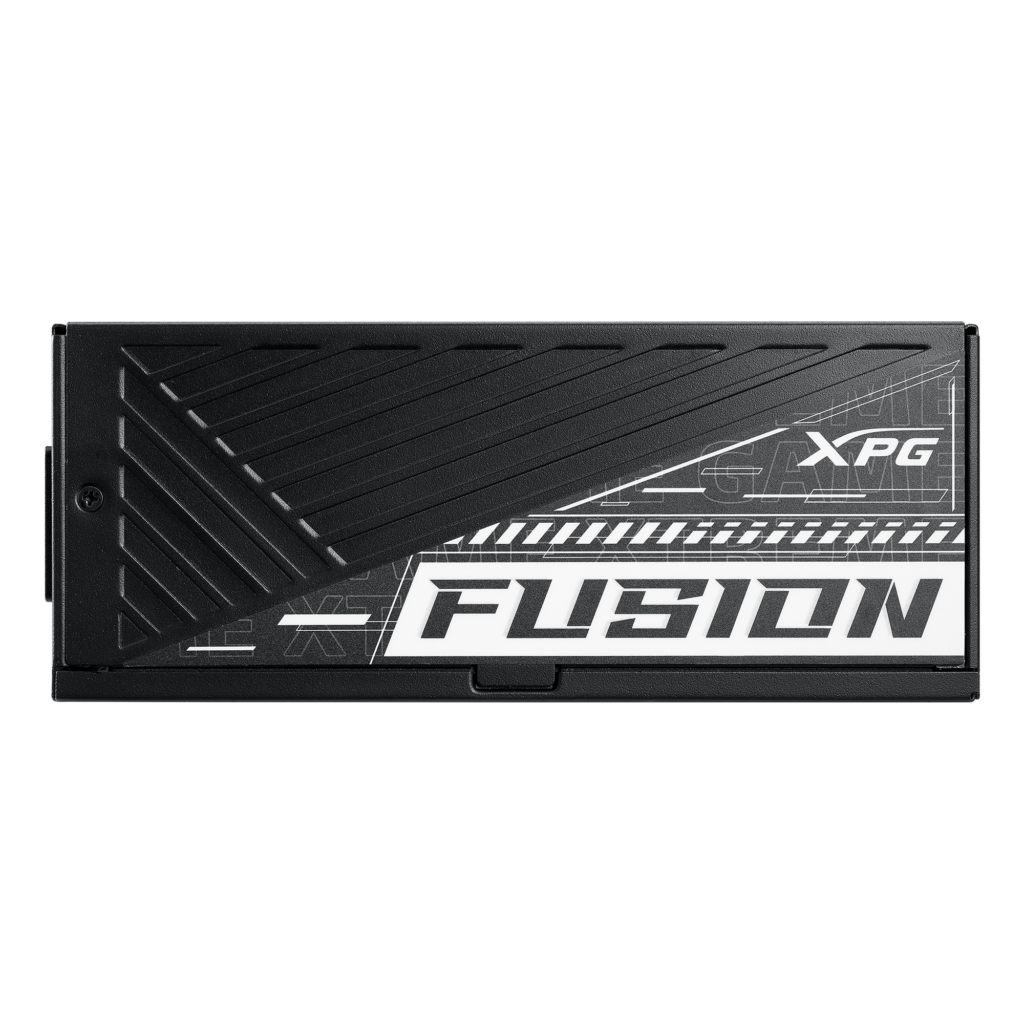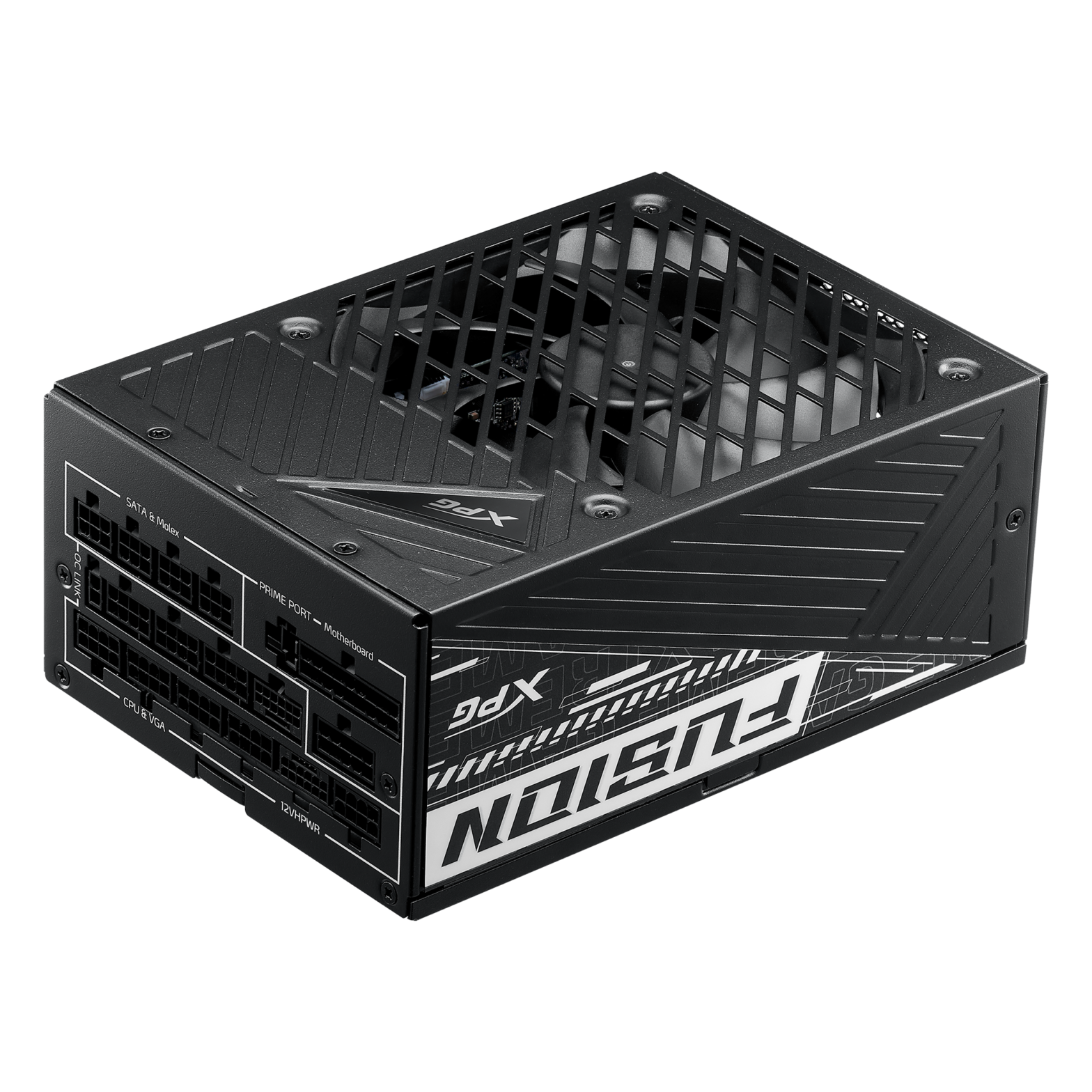Introduction
It’s no wonder a good PSU can handle the vast majority of your computer parts with no problems. But what about a 1600W PSU? Although it can cost very much, a beast like this will be able to power multiple high-end generation graphics cards like the RTX 4090 Ti with no issues. Well, it exists and at ComputerX, Adata has announced their 1600W power supply entitled the “XPG FUSION 1600 TITANIUM” PSU. This might seem like a cheap power supply at first, or some Chinese knockoff, but trust us, this beast can easily carry 4x RTX 4090 Ti GPUs with no issues at their full performance. It is a fully modular PSU, so no struggle with the preconnected wires, your setup, your rules and it is also fully compliant with the Intel ATX 3.0 and PCIe 5.0 standards. Today we have plenty to discuss, including this brand-new beast! Stick around.

What is a PSU (Power Supply Unit)?
PSU stands for Power Supply Unit. It is an essential component of a computer or electronic device that converts the incoming AC (alternating current) power from a wall outlet into DC (direct current) power suitable for the internal components of the device.
The power supply provides electrical power to the various components of a computer or electronic device, including the motherboard, processor, memory, hard drives, and other peripherals. It ensures that the components receive stable and regulated power at the appropriate voltages and currents required for their operation. Depending on the brand that you choose those can break, the cheaper the brand the less expectancy of life the PSU will have. Consider buying from brands like Corsair, Adata, or ASUS.

A Quick Presentation of the Adata XPG FUSION 1600 TITANIUM PSU
As mentioned before, this new PSU is a beast. Adata really gave their best shot and we think that this is the time for them to shine. Let’s have a look at the specifications a bit closer! Obviously, the maximum supported voltage will be of 1600W and it even has a Titanium certificate from 80 PLUS which is clearly impressive meaning you are paying money for quality. Its dimensions are pretty standard,
210 x 150 x 86mm, nothing uncommon here. Its life expectancy is stated to be around 125,000 hours at a temperature of 25 degrees Celsius. Talking cable on this PSU is really showing off coming in with an ATX 24 Pin Connector, 2 EPS 8 Pin Connectors, 10 PCI-E 6+2 Pin Connectors, 4 Molex 4 Pin Connectors, 2 12VHPWR (12 + 4) Connectors, 12 SATA Connectors, 1 Floppy 4 Pin Connector. To top it off you will get a nice 12 Years Warranty.

Is it worth Buying this PSU though?
As seen in the specifications this is really not a PSU meant for normal PC gamers and enthusiasts but more likely for servers assuming you don’t for some reason run a 4x RTX 4090 TI setup which is most unlikely. However, if you do, this PSU will give you the best performance for your hundreds of bucks. Well stopping the joke, this PSU is a great option for server builders. Having quality components in your server is a must since owning one can be very difficult to maintain and every second in which it is faulty can result in loss of data and revenue. It is important to choose components wisely before building a server.
Conclusion?
A PSU is a very important component of your PC/server that powers every part you mounted in it. This power supply comes with the best specifications and will make sure you do not run into any issues with it. However, if you do, it has a nice 12 Year Warranty and a 125,000-hour life expectancy. Overall it is a great component for your buck and will surely power whatever needs you have for your server! We will serve you more news about tech and as usual, power supplies! Keep tuned in.
Adata’s XPG FUSION 1600 TITANIUM PSU Website: https://www.adata.com/us/xpg/pc-components-fusion
Want more awesome content? Check our article page: https://viewabreast.com/blog/

